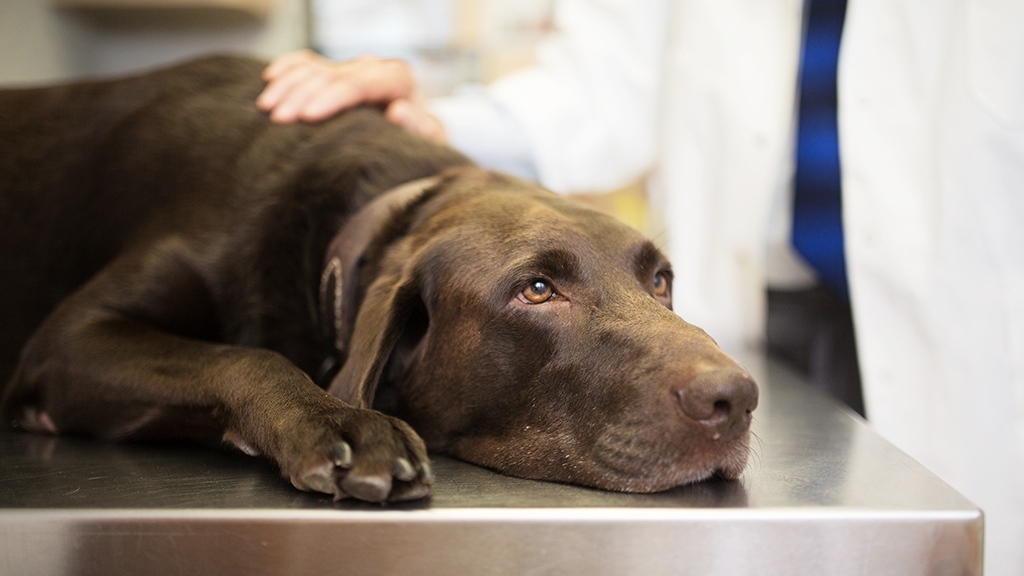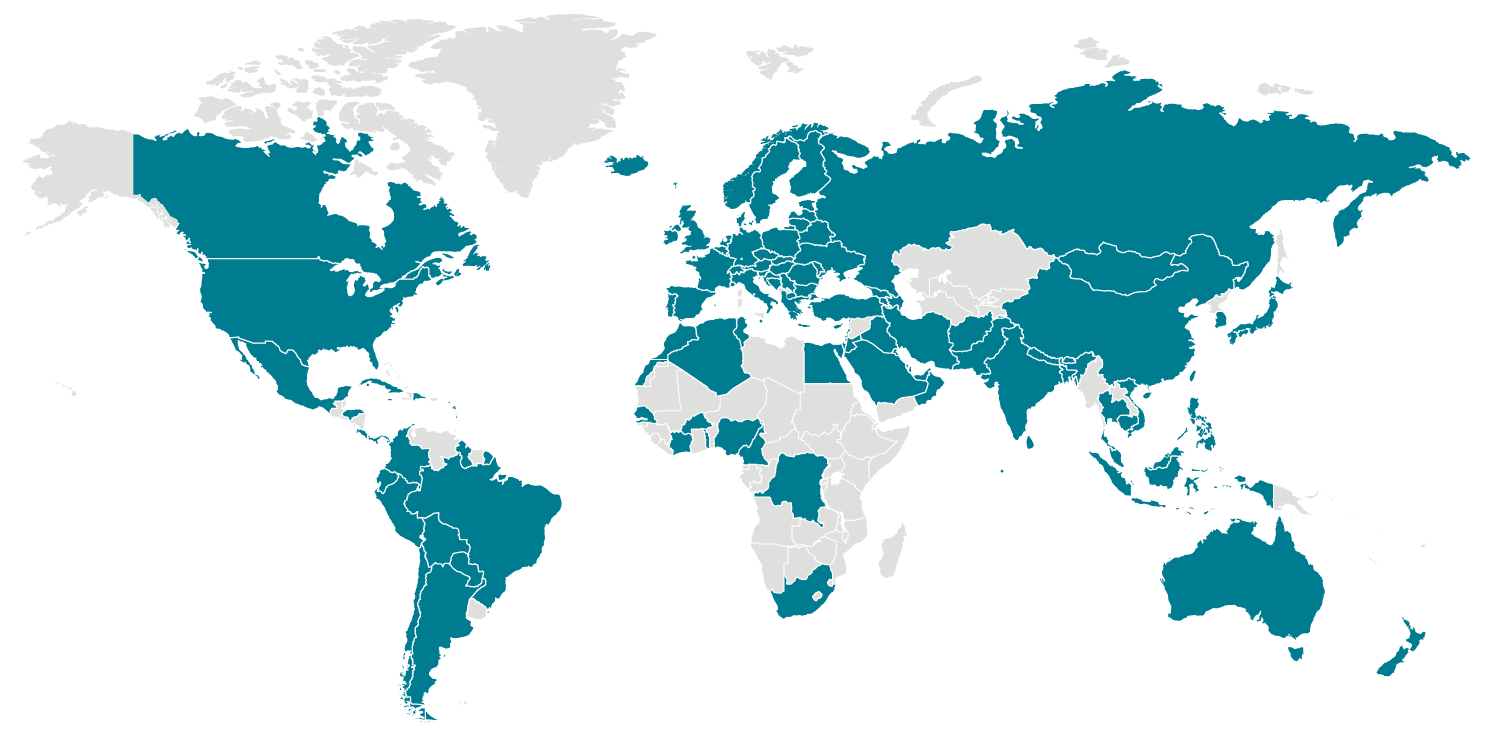 News - Coverstory
News - Coverstory
Coronavirus – Is My Dog in Danger?
11:15 - 17 March 2020
Author: M.Lilla
Category: Useful
As loving and caring owners, the question comes instinctively: does the coronavirus mean any harm to our dogs and if so, can they transmit the disease to us, the family, caretakers and other dogs, pets?
Starting out as a local infection in Vuhan, China in December 2019, the virus has spread to several parts of the world, encouraging governments to reconsider the safety and health of people. According to the World Health Organization (WHO), the coronavirus, named COVID-19, has become pandemic with an increasing number of confirmed cases.
Is the coronavirus dangerous to animals?
Various strains of the coronavirus family (Coronaviridae) can cause disease in mammals and birds. Symptoms vary among species, we can talk about feline coronavirus, bovine coronavirus, swine enteric coronavirus, etc. The current virus was probably transmitted to people through the consumption of animals that carried certain strains of it.
How about dogs?
Canine Coronavirus affects the gastrointestinal tract of dogs. No link has been found so far between human and canine coronavirus. However, there is another type of the disease: the Canine Respiratory Coronavirus (CRCoV) is more similar to the one that infects cattle. It can cause canine infectious tracheobronchitis (commonly known as „kennel cough”) in dogs but it is often accompanied by other viruses and bacteria. Typical symptoms are coughing, sneezing and mucus discharge from the mouth, nose.

Photo Credit: Pinterest
What are the symptoms of the Canine Coronavirus?
The illness is characterized with a relatively rapid course, though its symptoms can become severe. Diarrhea, vomiting, lethargy, lack of appetite and pain in the abdomen and guts are typical. The stool has a strong odor with an orange and/or yellow-brown colour. Young puppies and senior dogs are critically endangered due to their undeveloped or compromised immune system. The condition can lead to dehydration within a short time. Appearing with other diseases, like Parvovirus, usually makes it even harder to cure.
As a viral infection, treatment aims to ease the symptoms: proper hydration against dehydration, IV-support and supplements to help the immune system. The patient should be kept separated in a warm, tranquil place. As soon as your notice any signs of the disease, visit your vet as soon as possible – it can save your dog’s life!
How is Canine Coronavirus transmitted?
Pathogens are emitted with the dog’s stool, so it’s crucial to avoid any direct contact with it. Keep your dog away from others’ poo, do not let him lick or consume it!
Can dogs get COVID-19 from people?
Last week a Pomeranian tested positive for the virus in Hong Kong, raising questions about pets’ possible role in the transmission chain. Consequences are yet to be found but local authorities have stated that ”the dog has a low level of infection and it is likely to be a case of human-to-animal transmission”. The dog has shown no symptoms so far. There was another dog under quarantine in the same facility, luckily it has tested negative for COVID-19.
According to the CDC, there is no evidence that companion animals including pets can spread the disease. It is still a question whether the virus is exclusively or predominantly human (meaning that it could spread from humans to animals and vice versa). So it's always a good idea to wash your hands after being around animals.
If the owner has been infected or come into contact with potentially infected people, the same rules shall apply to his/her pets: avoid hugs, kisses and snuggling, keep a safe distance, wear a mask, wash hands before and after coming into contact with the pet and make plans for future care.

Photo Credit: cdcd.gov
What about cats?
The Feline Coronavirus (FeC) is usually a mild disease causing flu-like symptoms in cats. Unfortunately, the virus can mutate in 5-10% of the cases, mainly in kittens and adult or senior cats with a weaker immune system. This change can result in Feline Infectious Peritonitis (FIP), a potencially deadly disease. The condition causes severe pain for the infected animal and as there are no known cures for it, the goal of the treatment is to ease the symptoms.
So what can we do?
In case the pet’s owner or someone in their environment has potentially been infected, they should stay at home and report their suspicion to the appointed authorities. The most important is to avoid human contact (use a mask, sanitizers and wash your hands with soap and clean, running water, etc.). Stay informed about the situation and follow the instructions given by the government.
Source: cdc.gov, iheartdogs.com
Index image source: Pinterest
If you liked this article and would like to be informed about latest news
we ask give a like our Facebook page!
 Coronavirus – Tips for Dog Owners
Coronavirus – Tips for Dog Owners
The WHO has declared the coronavirus outbreak pandemic, so we have to try our best to prevent its spreading. Here are some essential tips to stay safe, along with your beloved pets.










